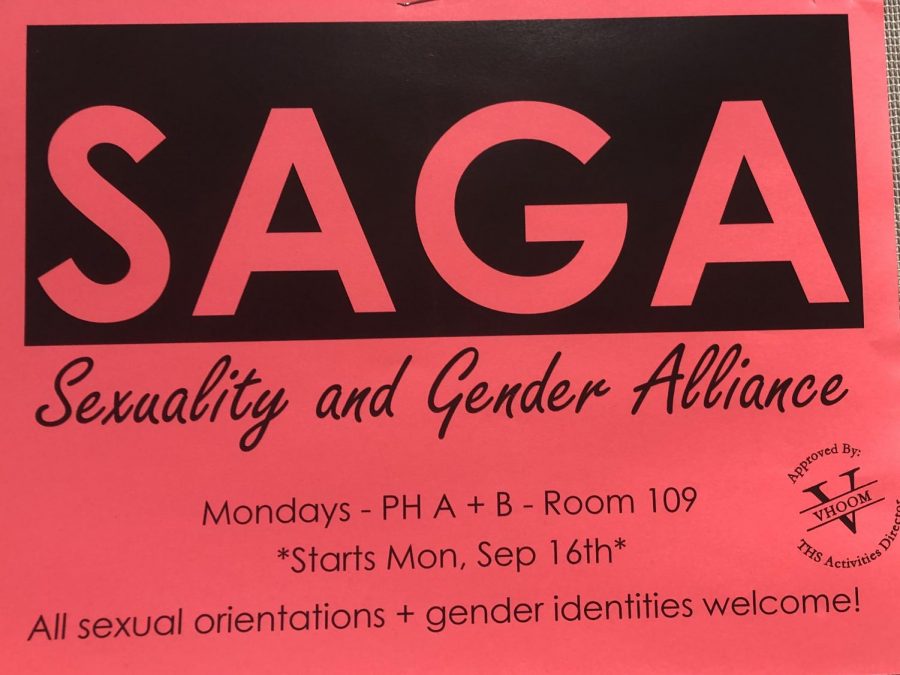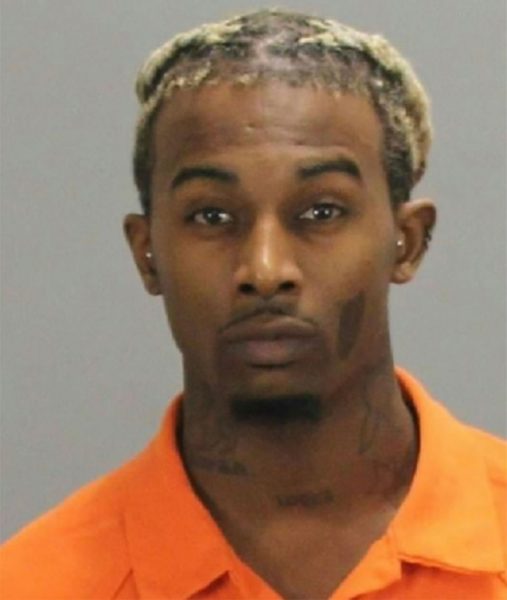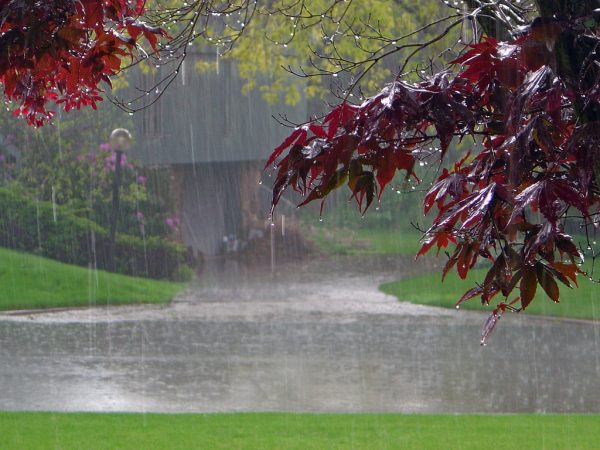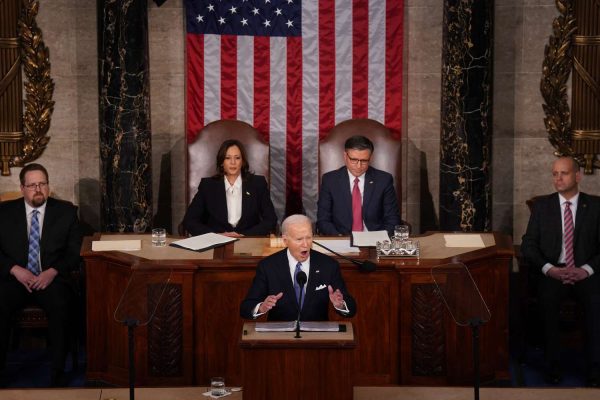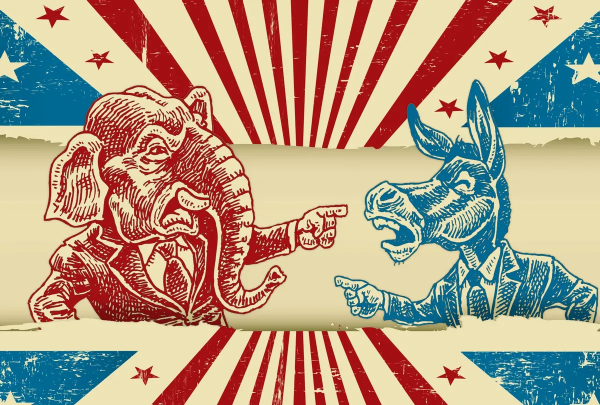Is Tahoma a Safe Space?
Do you feel safe walking down the halls of your school?
January 23, 2020
“All men are created equal.” A very familiar quote stated in our Declaration of Independence which Thomas Jefferson wrote in 1776. Even though we have gone through periods of time where that didn’t seen to be entirely true for the most part, things have changed.
Yet in schools, there are kids every day who get treated differently for the silliest of reasons, such as liking someone the same gender as you or for wanting to change your gender because you don’t feel comfortable with the pronouns that everybody else uses. So even though it has been 243 years since then we still struggle to treat all men as equal.
Leo Cowman has been at Tahoma since the middle of his Freshman year (2017-2018), now a junior, “At school, I was definitely treated differently. A lot of my friends stopped talking to me and there was…I got bullied a little bit, like there was this guy that was constantly ask me like intrusive questions about you know genitals or stuff like that. Like saying stuff ‘When did you start trying to act like a guy?’ or you know, just like he would call it attention seeking.”
“Yeah, there is still definitely times like where someone might call me she or something and I just want to say something because I am afraid to say something. Because I don’t know how they will react,” said Cowman. Even being out with friends and family and with basically everyone, there is still the fear of being judged. From side glances to rude comments about what student’s pronouns are.
“Results from the 2017 Youth Risk Behavior Survey show that, nationwide, more U.S. high school students who self-identify as lesbian, gay, or bisexual report having been bullied on school property (33%) and cyberbullied (27.1%) in the past year, than their heterosexual peers (17.1% and 13.3% respectively).” An article from stopbullying.gov stated that “Bullying puts youth at increased risk for depression, suicidal ideation, misuse of drugs and alcohol, risky sexual behavior, and can affect academics as well. For LGBTQ youth, that risk is even higher.”
Mrs. Ledford is a French teacher at Tahoma High School and also the leader of SAGA, a Gay-Straight-Alliance club. The club started back in 2010-11 when students approached a teacher, Mrs.Taylor, telling her that they wanted to start a club. “At a regular meeting we probably have about 20 people and then if we a special event maybe a little bit more. So maybe about 30 but 20 people in regular attendance.”
When asked about if Ledford thinks that Tahoma is a safe place for the kids in the LGBTQ community she said that, “Tahoma is, I would say Tahoma would be about average based on what I’ve heard. We definitely have hate speech at Tahoma High School. People treated differently because of their sexual orientation. People being treated differently because of their gender identity and expression,” said Ledford.
In an article by Edutopia it talks about how “Some teachers reported feeling uncomfortable talking to their students about sexuality due to their beliefs or perceptions about what’s appropriate, while others felt pressure from administrators or parents to keep tight-lipped.”
Not many schools have laws to protect kids or even teachers that are apart of the LGBTQ community.
Ledford has some advice for any of the teachers who are scared to put together a group for LGBTQ students. “We have a Supreme Court decision that has made it legal for us to have any student club. So they can’t deny you opening a student club if they have any other club. So it’s an all or nothing decision nationwide. So they can definitely try to push that to, they have legal backing on that and the ACLU (American Civil Liberties Union) has helped a lot of schools fight against that. So it is legally protected to start those clubs. I would say if there is student interest worry about the students that need the support more than those that are afraid for whatever reason. Because it is really about those students that need that support.” Even for those teachers who are afraid to talk to the school about starting a group that supports kids who are apart of the LGBTQ community they have the backing of Supreme Court Law.
Sophomore Katelyn Peck is another student that goes to Tahoma High School and used to attend SAGA. “It’s a great place, especially for people who are new to the school and/or don’t have a supportive family or group of friends. It is definitely something every school should have,” said Peck.
An article on Vox that talks about “the hell LGBQT kids go through at school,” stating that “schools can be difficult environments for students, regardless of their sexual orientation or gender identity, but they are often especially unwelcoming for lesbian, gay, bisexual, and transgender youth.” HRW (Human Rights Watch) report, released Wednesday (December 7th 2016) explained. 6 out of 50 states forbid kids talking about LGBTQ issues (positively and at all) in school. 18 out of 50 states prohibit bullying on basis of sexual orientation and gender identity in school. Some students even report harassment from not only their peers but from school staff. “I’ve been shoved into lockers, and sometimes people will just push me up to check if I have boobs,” Kevin, a trans boy from Utah, said. When he complained to school staff about his mistreatment, he said one administrator blamed him for being “so open about it.” Then there are teachers that, again are afraid, won’t form SAGA or GSA clubs. “Students at some school described being unable to form a GSA because teachers were unwilling to sponsor the club. Noah P., a 14-year-old transgender boy in Texas, explained: ‘Our school doesn’t have a GSA because none of the teachers will sponsor it.’ Paolo V., a 19-year-old transgender man in Texas, said: ‘[W]hen we tried to get teachers for the GSA, they’d say ‘I don’t think I can,’ or ‘I don’t want to risk it.’ You could tell that they were a little bit afraid.”
Even teachers are afraid of what others might think or say if sponsor a club like GSA. The thing is that clubs like GSA or SAGA are safe places for kids to go at lunch or after school. Somewhere where they don’t need to feel judged or mistreated. It might be scary, but kids need that kind of support. No not everybody may agree, but you have the backing of Supreme Court and kids will feel safe and less judged. Who knows you could even save a life.

